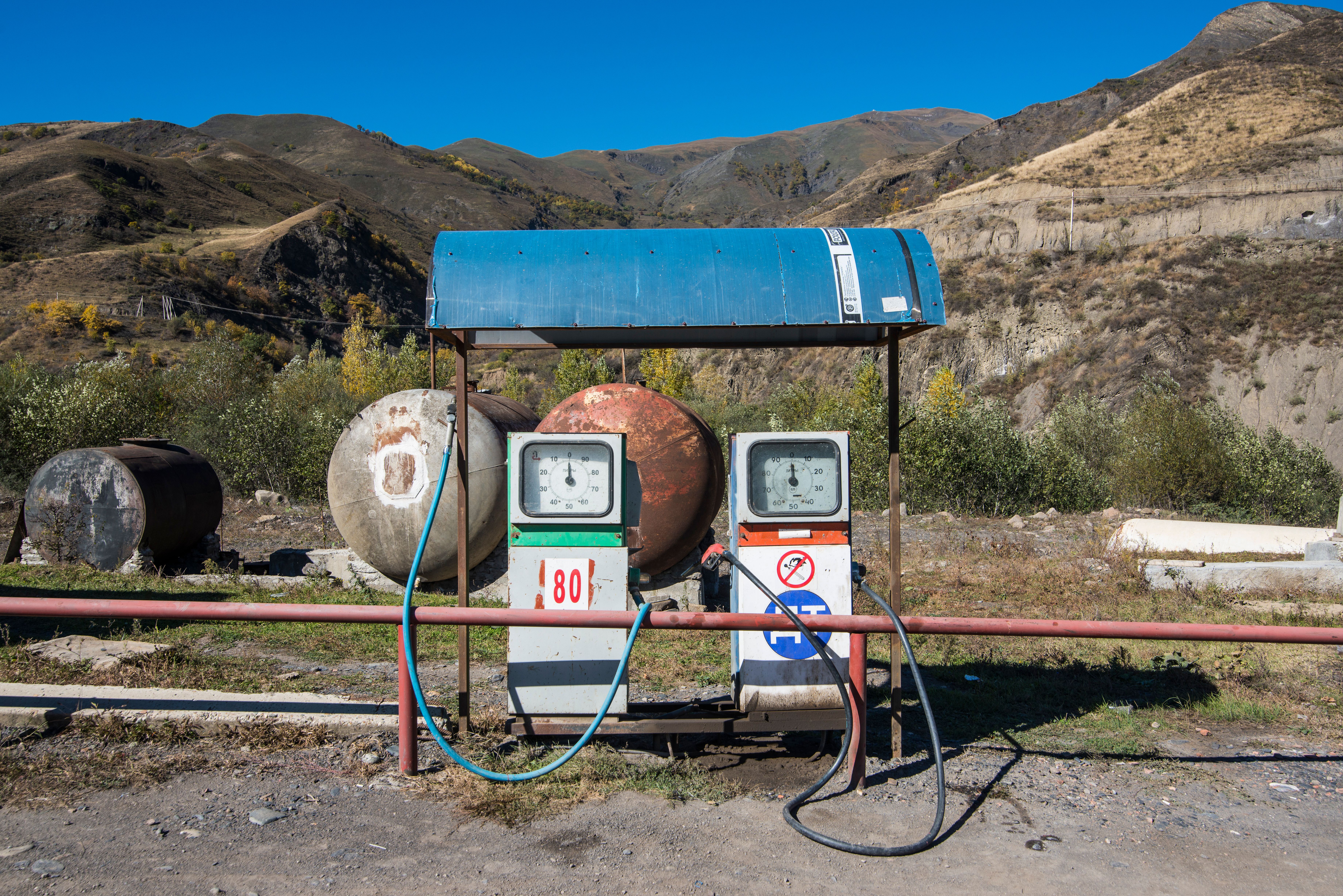Russia-Ukraine Gas Transit Deal

What was agreed?
Gazprom and the Ukrainian gas transmission operator signed an agreement on the technical aspects of gas transit. Also, the Russian company and Ukraine’s Naftogaz signed documents abandoning mutual financial claims and setting the transit details for the 2020-2024 period. The minimum gas transit volume was set at 65 bcm in 2020 and 40 bcm from 2021 (these volumes can be higher). The agreements guarantee payments based on the minimum volume even if the actual volume is lower.
What does the agreement mean for Ukraine?
The agreement should be viewed as a success by Ukraine’s leaders and Naftogaz management. It will mean significant financial revenues. Gazprom has already paid $2.9 billion to Naftogaz (the $2.56 billion ordered by an arbitration court plus interest), which was stalled by the Russian side for almost two years. The revenues for the five-year transit period will be around $7 billion. As a result, Naftogaz withdrew from the new multi-billion-dollar arbitration proceedings against Gazprom.
Potential disputes will be settled under Swedish law and in case of a violation by Gazprom, Naftogaz can start arbitration in the court that ruled in the previous cases. Moreover, the successful certification of the new Ukrainian gas transmission operator and applying EU rules to the transit means more transparent relations with Gazprom.
What does the agreement mean for Russia?
Gazprom was unable to force Naftogaz to drop its $2.9 billion claim as consistently demanded by the Russian side. However, Russia can present Naftogaz dropping new claims against Gazprom as a success.
Because of the delay in NS2 construction, Russia will need significant transit via Ukraine in 2020 and the booking of transit capacities for five years means lower costs than, for example, just a one-year deal. The agreement does not cover the issue of direct deliveries of Russian gas to Ukraine, which was recently raised by the Russian side. The more conciliatory approach by Russia might be the result of U.S. sanctions on the companies involved in NS2, which translated into pressure from German diplomacy to reach the deal.
What does the agreement mean for the EU and its Member States?
The agreement is beneficial to the EU, indicated first by falling gas prices in Europe after the deal was announced—the result of more supply certainty in 2020.
The deal is a diplomatic success for the Commission and specifically for Commissioner Maros Sefcovic, who represented the EC during the trilateral gas talks, as well as for Germany, which strongly supported the negotiations. However, it remains open whether the deal will be used by Germany to gain support for NS2 within the EU. German diplomacy might use it to argue that the EU should counter the U.S. sanctions or that NS2 is no longer a threat to transit via Ukraine.
What does the agreement mean for Poland?
The agreement is based on EU rules, making it also important for Poland, which supports the Ukrainian reforms. This also strengthens Polish arguments that transparent rules should be applied to NS2 based on the gas-directive amendments. Transparency concerning this pipeline is important since the volume of transit via Ukraine will be dependent in part on the progress of NS2 construction and its capacity usage.
Ukraine’s success in the negotiations also confirms the need to demand that Russia fulfil its legal obligations. Naftogaz’s constant demand to regulate Gazprom’s debt made it impossible for Russia to cancel it by tying it to a political “package deal".


